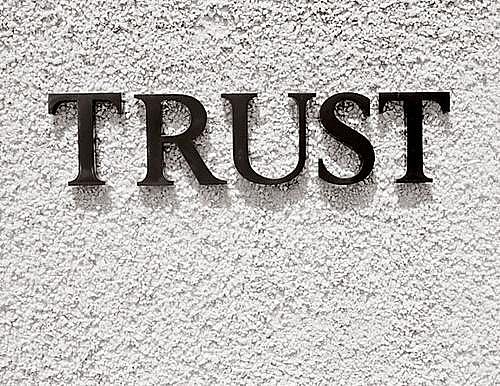Trust involves several key components:
-
Reliability: Trust is built on the expectation that the person or entity being trusted will consistently act in a reliable and consistent manner, fulfilling their commitments and promises.
-
Honesty: Trust requires honesty and truthfulness. It's the belief that the trusted party will communicate openly and transparently, even in difficult or uncomfortable situations.
-
Integrity: Trust is associated with integrity, which involves adhering to a set of moral and ethical principles. People trust those who demonstrate a strong sense of integrity and moral character.
-
Consistency: Consistent behavior and actions over time are vital for trust. Unpredictable or erratic behavior can erode trust.
-
Vulnerability: Trust often involves a level of vulnerability. When you trust someone, you make yourself vulnerable to the possibility of betrayal or disappointment, with the expectation that the trusted party will not take advantage of this vulnerability.
-
Communication: Effective communication is a cornerstone of trust. Clear and open communication helps build and maintain trust in relationships.
-
Empathy and Understanding: Trust is nurtured when people feel understood and supported. Demonstrating empathy and understanding of others' perspectives can strengthen trust.
Trust can be established through personal experiences, observed behavior, or reputation. It can take time to build and can be fragile, easily damaged by breaches of confidence, dishonesty, or unfulfilled promises. Rebuilding trust after it's been broken can be challenging but is often possible with consistent effort and demonstrated change.
Trust is a fundamental building block of healthy relationships, teamwork, and social cohesion. It is integral to creating an environment where people feel safe, valued, and respected. In personal relationships, trust fosters emotional intimacy and connection. In professional settings, trust enables effective collaboration, leadership, and innovation. Trust is a powerful force that underpins many aspects of human interaction and society.




Comments (0)